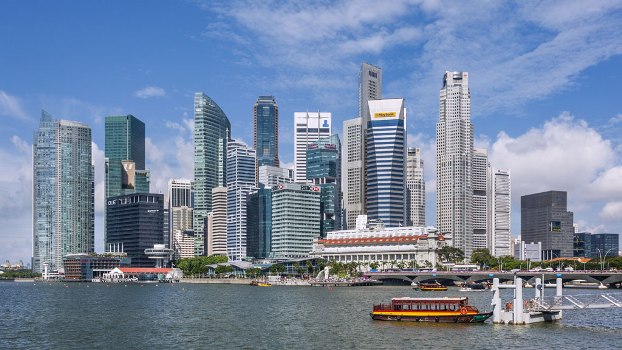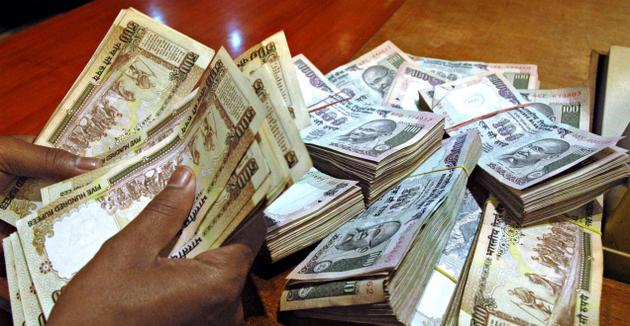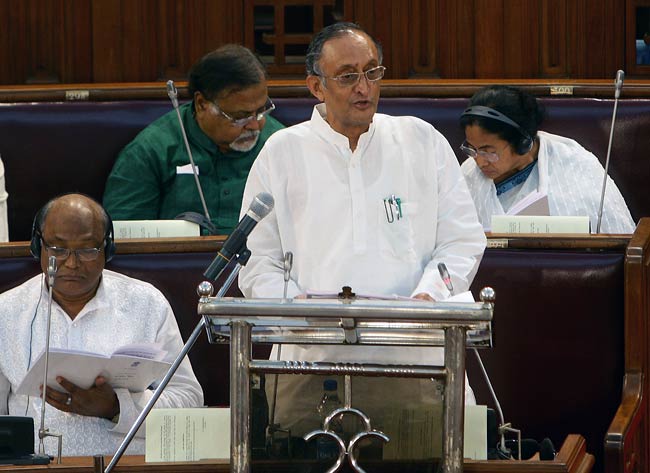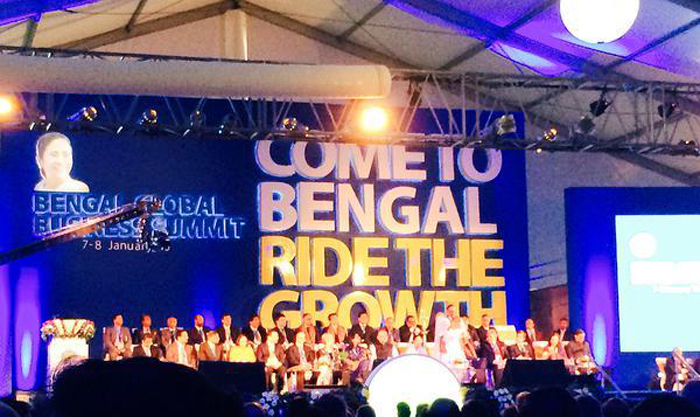West Bengal’s annual debt repayment burden would grow sharply in coming years as maturity dates of the loans taken by the previous Left Front government were drawing closer, state Finance Minister Amit Mitra said.
Replying during the Question Hour in the Assembly, Mitra said during 2015-16, the debt repayment amount would be Rs 8,877 crore, which is set to rise to Rs 9,781 crore in the next financial year.
In 2017-18, the amount would multiply to reach Rs 18,359 crore which, he said, would be a great burden on the state, Mitra said. According to him, this will happen as ten, 12 and 15 years loan were going to mature.
Mitra said that the state government was making provisions towards this and also by sticking to fiscal and revenue discipline. He said that one silver lining was that the state GDP was rising at a rapid pace while the debt/GSDP ratio was falling.
Attacking the Left Front, Mitra said that the loan burden as on March, 2015 as per revised estimates was Rs 2.74 lakh crore. When the Trinamool Congress came to power in May, 2011, the inherited debt was close to Rs 2 lakh crore.
In the first four years of TMC rule, the debt increased by Rs 82,946 crore, out of which Rs 76,346 crore were spent towards interest and principal repayment.
During the four years from 2011, the ruling government had borrowed only Rs 6,617 crore which was used for its own spending, Mitra said.
Pointing out that West Bengal was caught in a debt trap, Mitra said that he and the chief minister have discussed the matter with the UPA government and the present NDA government for amortisation of the debt repayment schedule, but there was no positive outcome from either of them.
The UPA government offered $10 billion to the IMF for tackling the Eurozone crisis, but ignored the cry of a federal state which was in deep distress, he regretted. He also accused the Left Front of breaching the borrowing limit under FRBM Act.







